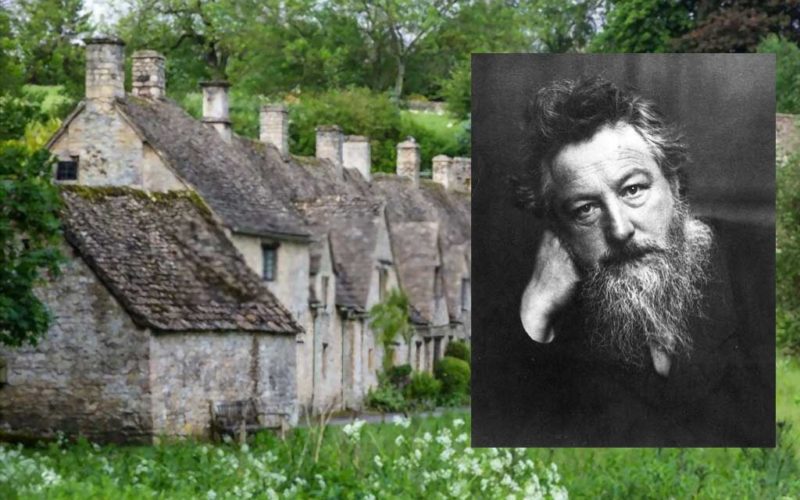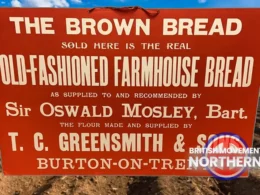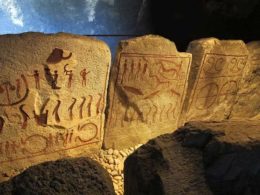Towards the end of the last century, William Morris combined an early articulation of Socialism with a strong sense of cultural nationalism.
Morris saw that British society, with its materialism and social injustice, needed drastic change. He sought guidelines for that change in the traditions of his own people, harking back to the 1381 Peasants Revolt against usury, foreign immigration and the power of the big landlords.
Morris found in the medieval system of craft guilds a model for the organisation of modern industry to give a share in the ownership of the means of production to all the workers, and to guard the consumer against exploitation.
Morris was also a racialist. His brilliant novel, ‘The House Of The Wolfings’, tells of a Germanic tribe whose homeland is invaded by the mixed-race legions of decadent Rome. The aliens are eventually driven out, because the tribe is united by the ties of blood and soil.
With his opposition to race-mixing and to the idea that men – be they kings, capitalists or bankers – should be able to live off the sweat of others, Morris was one of the earliest British exponents of the ideal of a Racial Folk Community.
Blood and Soil, Issue No. 2.












